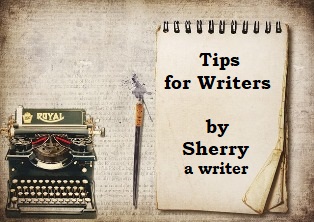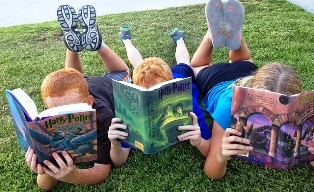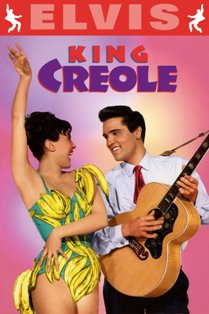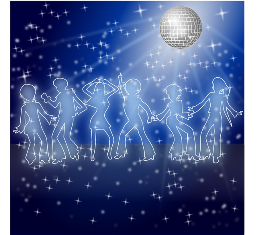Details Make (or Break) Your Novel
 Details Make (or break) Your Novel
Details Make (or break) Your Novel
I know you’ve heard the saying “it’s the little things that count,” or “the devil’s in the details.” Well, never has that been more true than when writing a novel.
Finely crafted details develop the reader’s world and keep them under your story’s spell.
Too many details or using the wrong ones, and your readers are flipping pages in bored and confused frustration as they search for meaningful information and a return to the plot.
If you want to talk about the omelet the sexy chef is making, we probably need to know about the ingredients but not intricate details about the pan. We may need to know about the stove if it is extraordinary (wood burning?) but not the convection oven. See?

Here are rules I’ve learned on what details to include, how much and when:
DO include details that support your character’s life as long as it helps us understand the personality or motivation. Maybe an assassin once won an award in archery in school. DON’T describe looks that have no importance. We want to identify the villain soon as possible but maybe all we need to know about is the odd scar on his neck or tattoo on his finger. No need to get into detail about the gray eyes if we never see them or they don’t matter to the story.
DO concentrate on emotions. When people speak, they move. Eyebrows go up. Lips purse. Jaw muscles tighten. DON’T spend so much time emoting that we forget what we’re supposed to be doing or where we’re going. Emotions need to fit the scene and the people important to the moment. Forget the shock of the bus boy and consider the robber’s shock when he realizes he’s been captured. DO interject humor or pathos whenever you can. DON’T assume that because you don’t feel it that we will. If you don’t, we probably won’t either. Your passion must translate to the story and if it does the readers will feel it.

DO go for details that set you above the fray. Be original. Be unusual. DON’T be afraid to break tropes and set your world apart from what’s out there. Every witch has the same items and the same spell book. But instead of a cat or a gargoyle, who has a pet moth? The soaps show women always walking around their homes in high heels. What if your thing is a pair of 60’s go-go boots?
Most often forgotten are the senses. We readers love to know what the world is like, but how does it smell, or what colors are there? How does it feel? Silk or sandpaper? DO give us a complete sense of what the world is and DON’T give us more than we need for the moment. Share the rest of the details as we move through the story and experience what we need when we need it.

Too many details can be your story’s undoing. Give your readers richness and make your readers crave more. Give them too much and the gluttony will drive them away. Being sated on details is good. Being bloated is bad. (and they don’t make a Gas-X for that).
It is very true that details are the key to everything: a good suit, a tasty lasagna, and a book you can’t put down. Choose your details wisely and use smartly. And the result might produce a bestseller (I’m still trying!).
Thanks for coming by and keep writing!
Yours Between the Lines,
Sherry
























